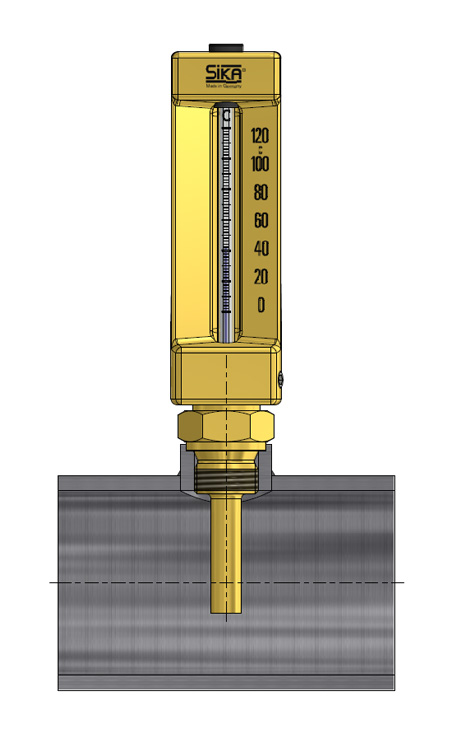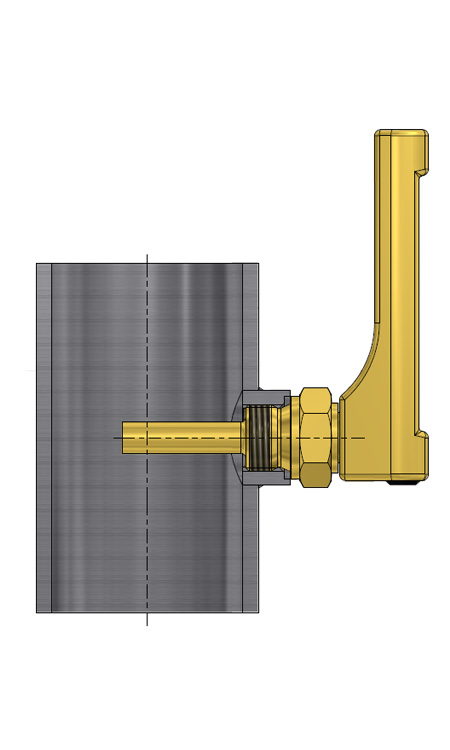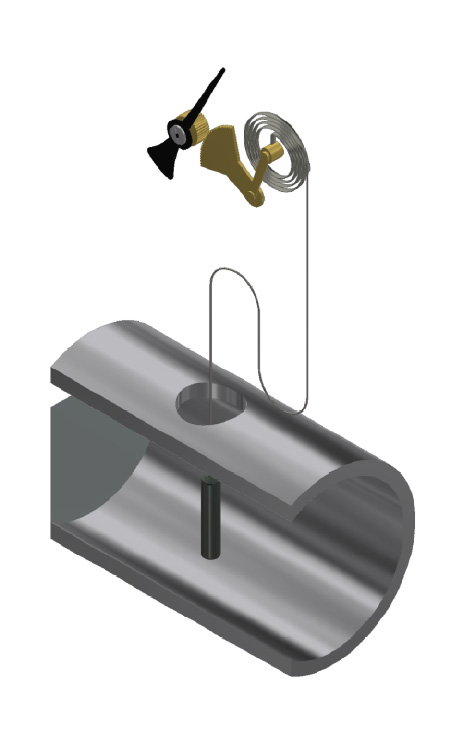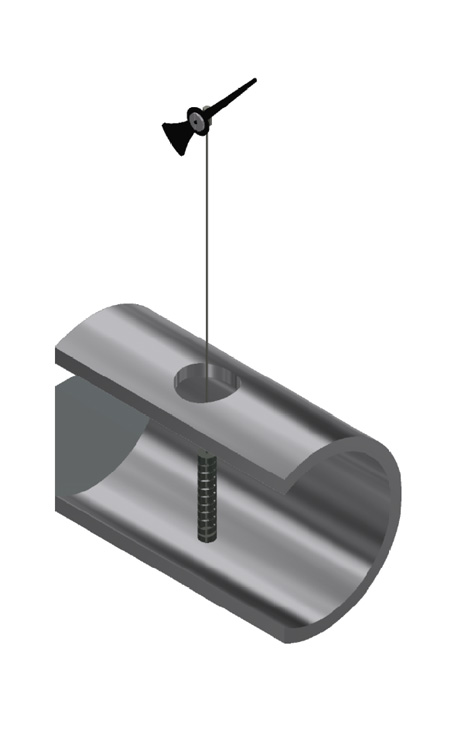The Right Thermometer for Your Application


There are different mechanical measuring principles for determining temperature. But when selecting a suitable thermometer, it isn't merely the measuring principle which plays a role, the type of measuring instrument is also important. In this article you will find out which measuring instrument is suitable for your application.
Temperature measurement mainly uses the principle of expansion. Here industrial glass thermometers, gas filled dial thermometers and bimetal dial thermometers are suitable.

In an industrial thermometer, a coloured filling liquid expands in a closed system. This thermometer works without moving parts. This has three major advantages:


In a gas filled dial thermometer, a gas expands, and this causes a mechanical mechanism to move a pointer. Gas filled dial thermometers are suitable as local measuring devices, but also if you need a capillary line. A capillary line is not technically possible with industrial and bimetal thermometers. Due to the closed design (predominantly with degree of protection IP65), dial thermometers can also be used in outdoor applications, whereas industrial thermometers are not suitable for outdoors since the immersion tube towards the housing cannot be hermetically sealed. If water penetrates the immersion tube, it can destroy the glass insert when it freezes.

For industrial thermometers, it must be noted that the ambient temperature and the radiant heat of the heated casing also act on the measuring liquid. This is taken into account in the comparison. In addition, it is ensured that all glass inserts installed in the industrial thermometer comply with the error limits specified in DIN 16195. In the case of gas filled dial thermometers, the influence of the ambient temperature fluctuations on the measuring material contained in the device is compensated by a bimetal element.
In a bimetal dial thermometer there is a coil which consists of two metal strips which are applied to one another and have different coefficients of expansion. If the temperature changes, these metal strips expand differently, the coil deforms and thus moves the pointer. The bimetal thermometer measures only over the length of the bimetal coil, so it is independent of ambient temperature influences. As with the dial thermometer, the bimetal thermometer has a closed system (IP65).
